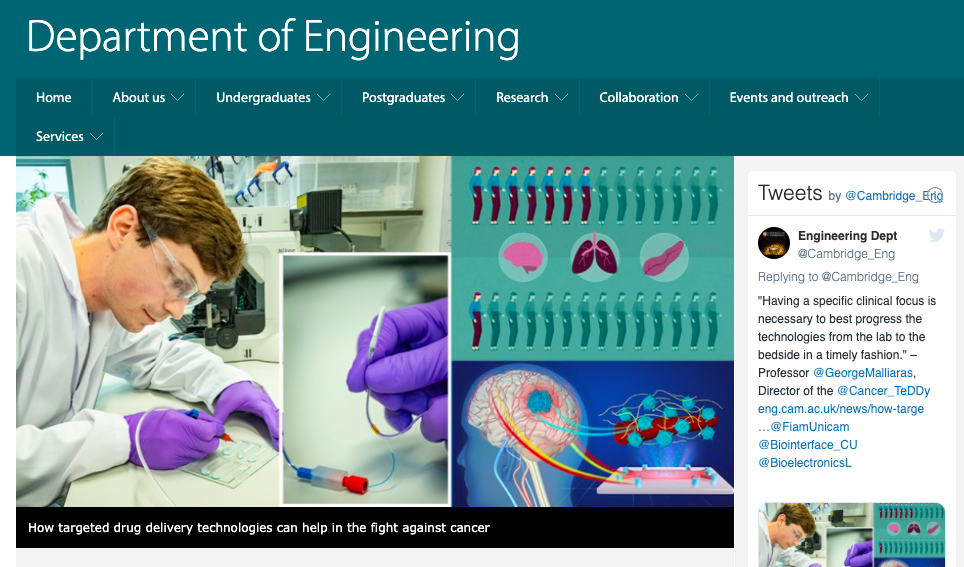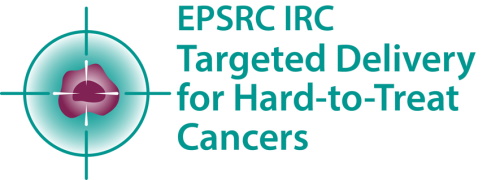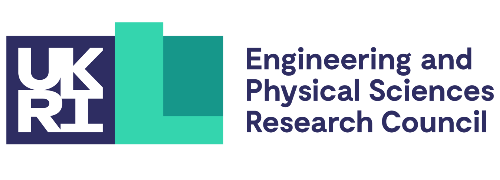
Submitted by L. Millard on Tue, 11/01/2022 - 16:45
The collaborative and multidisciplinary work of the IRC features in the Department of Engineering’s latest news.
The article titled ‘How targeted drug delivery technologies can help in the fight against cancer’ shines a light on IRC collaborations at the Department of Engineering at the University of Cambridge that brings together scientists and clinicians to develop new targeted drug delivery technologies for three hard-to-treat cancers – glioblastoma, mesothelioma and pancreatic cancer.
Featuring the new animation that presents the work of the IRC and explains the goals of the technologies under development, the article includes contributions from members of the IRC. Professor George Malliaras, Director of the IRC and Prince Philip Professor of Technology, said: “Having a specific clinical focus is necessary to best progress the technologies from the lab to the bedside in a timely fashion. We develop materials and devices and explore their structure and properties before transitioning to models and validating processes, always driving development towards human trials.
As new platform technologies are created to solve the world's biggest challenges, we also need new infratechnologies to support their development. Dr Ronan Daly, Associate Professor in the Science and Technology of Manufacturing and IRC Investigator
“To this end, we engage with clinicians from the very start to map the real-life needs for technology development, what has to happen when, where the path leads, and what and where the bottlenecks and obstacles might be.”
Explaining how the work of IRC researchers based at the Institute for Manufacturing supports all of the drug delivery technology areas through the development of simulation tools, Dr Ronan Daly, Associate Professor in the Science and Technology of Manufacturing, said: “As new platform technologies are created to solve the world's biggest challenges, we also need new infratechnologies to support their development.”
Dr Shery Huang, Associate Professor in Bioengineering, has been working with colleagues from the Department of Clinical Neuroscience and the Department of Paediatrics, on the development of a microfluidic device to perform comparative studies to understand the behaviour of patient-derived glioblastoma stem-like cells and their interactions with the blood-brain barrier. Dr Huang said: “The customisable nature of the device, opens up the possibility for clinicians to be able to study tumour susceptibility to new treatments.”
• Read the full article here.


